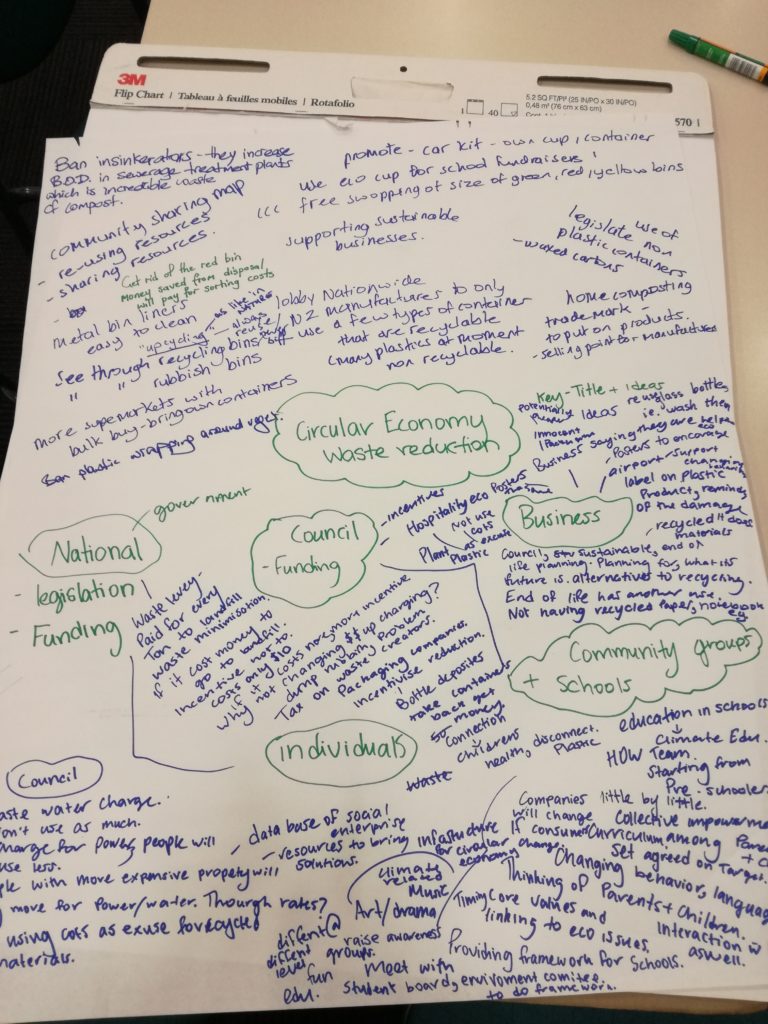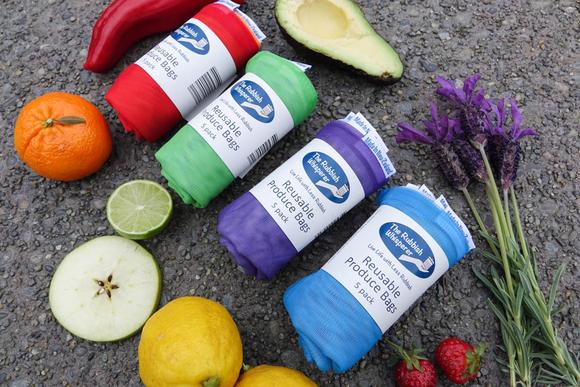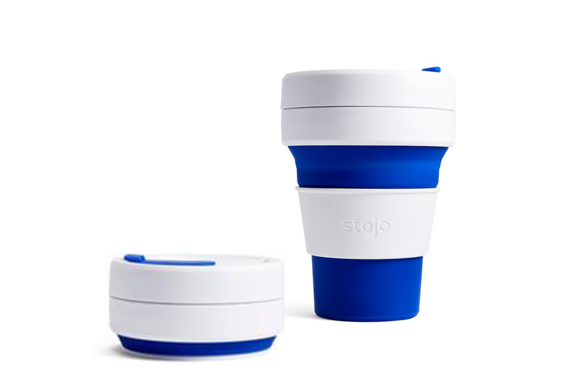SŌC Executive member Anthea Madill recently had the opportunity to facilitate working group on behalf of Sustainable Ōtautahi Christchurch around the topics of waste and circular economy. There were contributions from a wide range of areas including Council, community funding, public engagement, arts and conservation among other things.
One of SŌC’s aims for the workshop was to explore easy to implement changes that would contribute to a more sustainable city. We want to tackle the low hanging fruit as a step in a transition to an emission’s neutral community. With this, our group discussed the easy, realistic and affordable systems and activities that could help Christchurch reduce its waste.
Many of the suggestions inadvertently lead to a more circular economy, whether it be using reusable products to replace single use plastics or by building social capital through sharing at community pantries.
Images from The Rubbish Whisperer, local business developing and sourcing alternatives to single-use plastics to reduce marine plastic pollution.
Discussion notes
Individual Actions
- Support sustainable businesses
- Use reusable products such as coffee cups, sandwich wraps, reusable shopping bags and produce bags, drink bottles.
Community Groups
- Collaborating on resources – Christchurch Sharing Map
- Using sharing builds social capital and strengthens communities – so the more people that know about their local resources, the better
Schools
- Strong emphasis on sustainability needed in the curriculum.
- Starting from pre-schoolers, provide embedded sustainability that teaches not just the practice but the WHY.
- There could be a Christchurch collective of schools to implement the same sustainable practices, reach agreed targets. Use the same language and aim to empower rather than disempower individuals. Let students pick a ‘campaign’ and let kids do what they want to around that topic – ie make a website, write a drama, develop a product/solution as a school project. All the resources and technology is available already
- Good timing to be providing the avenues and opportunities for students and young people to be making positive changes
- A lot of the core ‘Values’ of schools have broad applications and could be easily linked to eco issues
- Provide an easy framework for schools – this could be school environment committees, student boards, school strike teams.
- ECE and school is a great approach to make it a whānau wide conversation – explain the reasons for sustainable behaviours (that they are not just ‘School rules’, that they are there for a reason).
- Sustainable fundraising – use sustainable products for fundraising to get parents to buy into the enviro work the students are being taught and encourages children to act on what they are learning.
Businesses
- More supermarkets with refill stations for liquids, bulk bins and plastic free isles.
- Posters that communicate their sustainable work better to customers – Christchurch specific campaign or link in to nationwide campaigns.
- Business networks that encourage and support each other with sustainable practices.
Council
- Practice what they preach – let all staff purchase in line with the sustainable procurement policy. For example, all paper purchased could be recycled, all notebooks could be recycled paper, recycled pens. Office Max has account purchase restrictions – ie you can set only recycled paper products to be allowed to be purchased to an account. (Note this applies to businesses implementing sustainable procurement as well).
- Important that the cost of sustainably alternatives isn’t a limiting factor for the Council. Need to set example for how it can be done.
- Support social enterprises for services and products where possible (see Akina fwd: certification/database as a starting point).
- Proposed incentives for hospitality businesses. Christchurch could have a certification or mark for businesses that shows they are working on sustainable practices.
- Support glass bottle sterilizing. There is currently nowhere for glass to be sent to be reused (?) without being recycled.
- Waste levy – currently very low. This could go up to encourage people to reduce waste. The flow on though is illegal dumping. Some interesting use/misuse of waste levies in Australia?
- Waste Water – waste water charge to make people use less water. This is a tricky one as may affect lower income/larger families disproportionately. ie at the moment rates are based on property and cover water use – if change to volumetric charge will be too hard for low incomes.
- Investigate results from Australia’s “Face Your Waste” campaign. While discouraging behaviours is a negative approach, peer pressure has been shown to effectively change people’s behaviours.
- Discourage insinkerators – increase waste to sewerage treatment plants and food waste could be composted.
- Promote reusable kits – ie a kit to have in your car/bag with reusable cup, container, utensils, straw etc.
- Clarify the confusion around Compostable, Commercially Compostable and Home compostable. Encourage local businesses and manufacturers to use HOME COMPOSTABLE packaging through a Council certification or trademark. This would be a selling point for manufacturers. (Example of brand is Econic packaging, NZ company, home compostable)
- The council could offer free switch for large yellow bin to small in exchange for large green bin. This would be useful for people reducing their plastic waste and growing vegies etc as will have much more green waste. Small sections don’t have enough space for large composting.
- Council could subsidize Bokashi bins for homes and/or businesses. Apparently, this was done years ago. Would make composting food waste easier for households (ie renters, small sections etc) and would reduce green waste to landfill (Currently 40%!) – possibly also offer to central city businesses that have no Organics pick up and small space.
- Support businesses that are trying to do sustainable practices but struggle to communicate it with the public. Showcase successes, advertise opportunities for them to learn or celebrate.
National Level
- Product stewardship – putting the ownership of the waste put into the system onto the producers. These fees/tax could pay for proper disposal of waste or put pressure on producers to switch to more sustainable packaging options.
- Bottle deposits – don’t reduce single use plastic consumption but to make it more likely to be disposed of /recycled properly. Once a value is put on it, people are more careful with it.
- Regulate the types of plastic that NZ manufactures can use for packaging. This will reduce the confusion, decrease the contamination and increase the potential for recycling or reuse.
- Ban plastic wrapping around vegetables, plastic produce bags and fruit stickers






I like the idea of government regulating types of plastic used. That would help when one can’t avoid plastic.
Yesterday I had to buy dental floss. I could not find an alternative in the supermarket to buying floss in a plastic dispenser; packaged in cardboard and plastic . I know some [circular economy conscious] businesses are deliberately designing to eliminate plastics. They are trying I believe to find common items that their re-designing & production of could help make an impact on our waste stream. Is there anywhere people can send ideas of things they have to buy that we need alternatives for? Is there anywhere these businesses cooperate to advertise their alternatives? i.e. is the a go-to place I am not aware of?
good question. I have bought eco friendly dental floss, I tripped over it in a shop once – glass bottle etc. My go to place in christchurch for this sort of thing is the Lyttelton Food co-op. I keep my plastic containers and fill them up there with detergent, body wash, hand wash toilet cleaner, shampoo, laundry detergent and they also have things like oil etc
Kia ora Phil,
There is no overall place to suggest plastic alternatives unfortunately (that I know of). There are some online groups where these types of things are discussed, and you can ask for advice on best options.
The networks you could contact would be Zero Waste Network and Sustainable Business Network.
Another way is to approach companies that are doing well in the area and either support them through buying the brands they work with, or contact them around what you are wanting. For example, Econic packaging is the Home Compostable packaging brand that are used for Trade Aid chocolate and Prosper Chips.
The Rubbish Whisperer are generally very useful for sourcing reusable products and are always happy to help research ideas if needed.
The Facebook pages of use (for anyone interested) are Zero Waste in NZ, Sustainable Living Christchurch and Plastic Free NZ.
Kia ora Phil,
Great question. You can send those ideas to The Rubbish Whisperer – we can point you in the right direction to find the alternative product or look at supplying it ourselves. Dental floss is easy, check out the website – we have some for sale without plastic packaging.
Thank you Helen for what seems to me to be a really generous offer. I will definitely search the Rubbish Whisperer website!
I have 2 questions – can anyone answer these for me?
1. I saw a Good Sorts item on TV1 on Sunday featuring a man who clears rubbish from local streets continually in order to protect his local waterways and the birds reliant on them. It was a heart warming story. He said he gets about $40 per month from the cans he collects. How would he be doing this? I thought there were no buy -back schemes in NZ for cans etc.
2.On our SOC Facebook page a couple of days ago I read about organic dairy farming by Pamu in the central North Island. The [Newsroom] article referenced Lewis Road Dairy company. I was relieved to see that it is genuinely organic and therefore to me deserves the support I give it. I only ever buy Lewis Rd cream and try to buy their milk in preference to other supermarket milks.
However, I still am concerned about the plastic bottles. The milk I buy from them comes in “100% recycled plastic” but I am not entirely comfortable with this. Where will this recycled plastic end up? How carbon intensive is the process of producing it? I’d appreciate your thoughts Anthea (and anyone else’s!). I am wanting to continue my support of companies like this who are obviously aware and making an effort. When Colin Meurk suggested the name ‘Restoring a Kind Climate’ for our gathering he was also referencing the way we treat each other and the need to be kinder and more supportive. We often over- criticise companies and others doing their best but not what we consider good enough.
Nevertheless is using recycled plastic a good transition or could we be urging and supporting different approaches?
Great questions Colleen – Sorry it has taken me so long to respond.
The cans would be sold to a private metal place as scrap, so not a public scheme. $40 a month is quite a lot so he must be collecting quite a few.
Regarding milk – there are a couple of options in glass bottles. Aunt Jean’s come in glass and you can return them to drop off points (the only one I know of is Funky Pumpkin as it is my local, but there are more). http://auntjeans.co.nz/.
Happy Cow Milk company tried to push the industry to implement sustainable practices but got beaten down. The are set to relaunch with exciting changes, including milk in glass, refillable kegs for businesses and likely more.
Overall, reusable vessels will always be better than recycled or recyclable as they will use far less resources in the process of cleaning (vs recycling). For recycling, glass is better as it is infinitely recyclable, but it does use more resources than plastic (ie it is heavy for transport etc) and there are no facilities in New Zealand to my knowledge. Recycled plastic is better than virgin plastic, but as you say, where will it go? Some recyclers wont take recycled plastic for processing as they don’t know what the quality is.